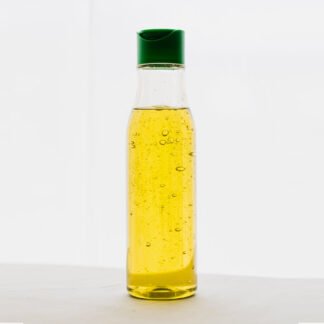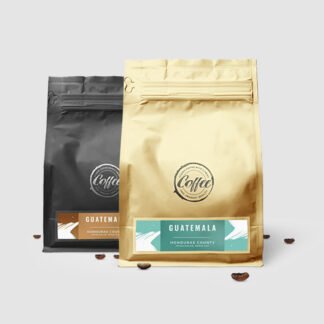Tableau is a powerful data visualization tool that allows users to create interactive and visually appealing charts, graphs, and dashboards. While it is commonly used for business and analytics purposes, there are also many creative ways to utilize Tableau for a variety of other projects. In this blog post, we will explore some innovative and inspiring ways to use Tableau for creative data visualization.
1. Storytelling with Data
One of the most effective ways to engage an audience is through storytelling. Tableau provides a platform for visual storytelling by allowing users to create interactive narratives with their data. By combining data visualization techniques with compelling narratives, you can effectively communicate complex information in a more engaging and memorable way.
For example, you can create a data-driven story about the impact of climate change by using interactive maps, charts, and graphs to illustrate the changes in temperature, sea levels, and other relevant data over time. This approach not only helps to educate and inform your audience but also creates a more immersive and interactive experience.
2. Data Art and Infographics
Tableau can also be used as a tool for creating data art and infographics. By leveraging the various visualization options and design features in Tableau, you can transform your data into visually stunning and aesthetically pleasing artworks.
For instance, you can use Tableau to create a colorful and interactive infographic that presents statistical information about a specific topic. By incorporating creative design elements, such as icons, illustrations, and custom color schemes, you can make your infographic more visually appealing and engaging.
3. Interactive Data Experiences
Tableau allows users to create interactive data experiences that encourage exploration and discovery. By designing interactive dashboards and visualizations, you can provide your audience with the opportunity to interact with the data and gain deeper insights.
For example, you can create a dashboard that allows users to explore different aspects of a dataset by filtering, sorting, and drilling down into the data. This interactive experience not only enhances user engagement but also enables them to uncover patterns, trends, and correlations that may not be immediately apparent.
4. Social Media Analytics
In addition to traditional data visualization, Tableau can also be used for social media analytics. By connecting Tableau to social media platforms, such as Twitter or Facebook, you can analyze and visualize social media data in real-time.
For instance, you can create a dashboard that tracks the number of mentions, likes, and shares of a specific hashtag or topic on Twitter. By visualizing this data in real-time, you can gain valuable insights into the popularity and impact of your social media campaigns.
5. Data Journalism
Tableau can be a powerful tool for data journalists who want to tell stories through data. By analyzing and visualizing data, journalists can uncover hidden patterns, trends, and insights that can enhance their storytelling.
For example, a journalist can use Tableau to analyze public datasets and create interactive visualizations that highlight important social, economic, or political issues. By presenting data in a visual and interactive format, journalists can engage their audience and provide a more comprehensive understanding of the topic.
In conclusion, Tableau is not just a tool for business analytics but also a versatile platform for creative data visualization. Whether you are a data scientist, journalist, artist, or storyteller, Tableau offers endless possibilities for creating visually stunning and interactive data visualizations. By leveraging its features and functionalities, you can transform your data into compelling stories, artworks, and experiences that captivate and engage your audience.



